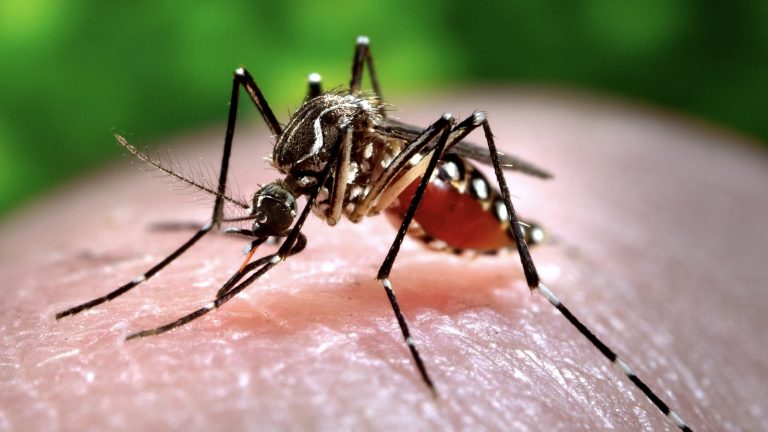Mosquitoes are more than just a nuisance. They may also pose a public health risk.
There are now more mosquitoes in many areas, and even species that have never been seen before, such as Aedes albopictus, which can transmit diseases such as dengue, chikungunya and La Crosse viruses.
Davidson Hamer is a public health researcher at Boston University.
Hamer: “Aedes albopictus has spread… gradually from the southern United States into New England and even into Ontario.”
A warming climate could allow these and other disease-carrying species to spread further.
As climate change brings longer summers and more rainfall, mosquitoes may also have more warm, moist habitats where they like to breed.
Hamer said people can protect themselves by using pesticides, installing window screens and eliminating standing water near their homes.
Hamer: “Abandoned tires, even potted plants, anywhere that has a little bit of residual water can be a breeding ground.”
He also said public health officials should monitor these mosquito populations and the diseases they may carry so communities can prepare for health risks arising from climate change.
Report source: Ethan Freedman / ChavoBart Digital Media
We help millions of people understand climate change and what to do about it. Help us reach more people like you.
